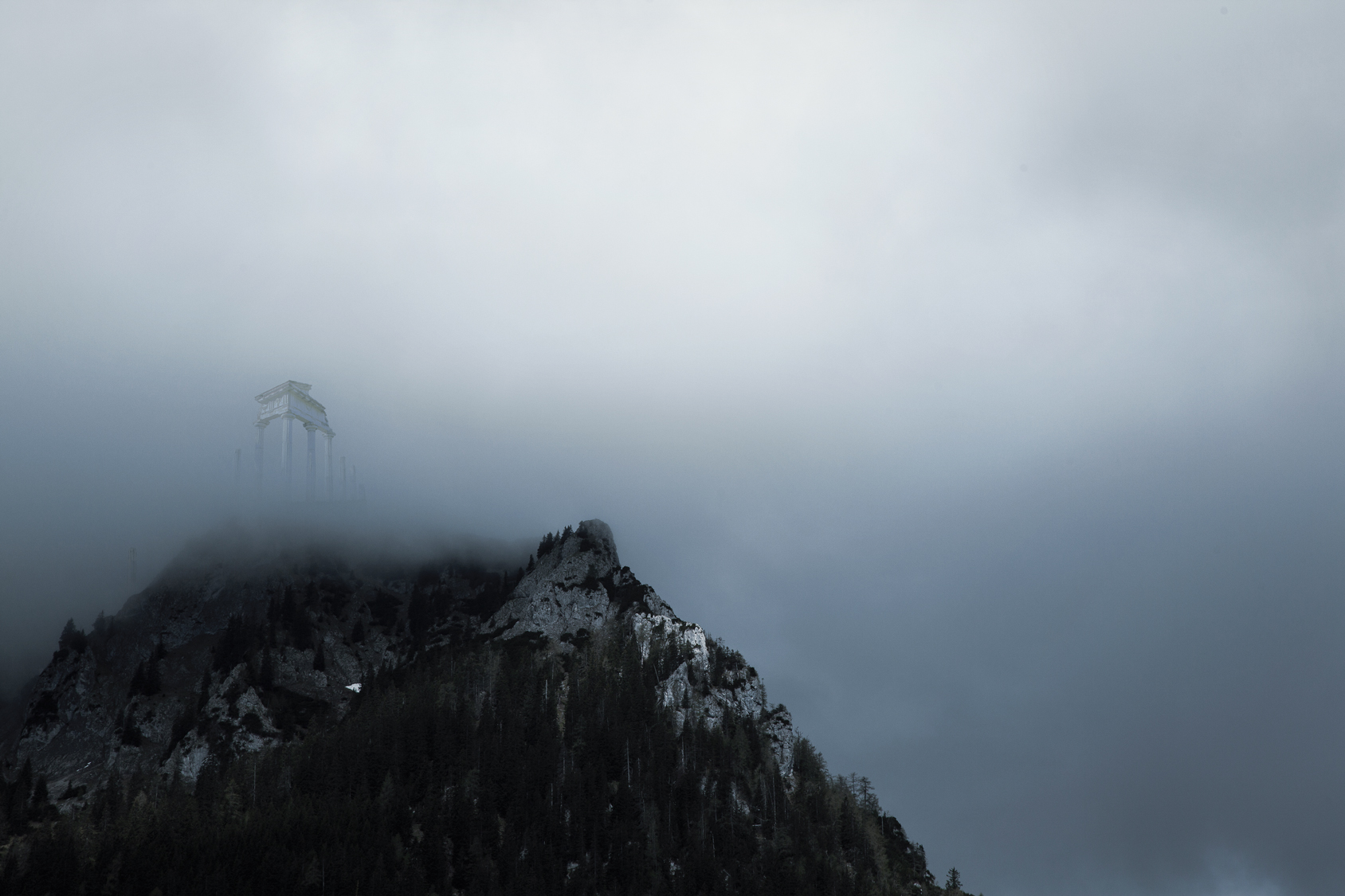Portfolio
Pilar Mata Dupont
In the cosmography of 14th-century Italy, all the world’s known landmasses sat in the northern hemisphere, with Jerusalem shining at the pole. The other half of the globe was water. Dante Alighieri had a theory about that: perhaps, when Satan fell from paradise, he landed on the antipodal side of the globe and made the seas rise. All that remained above the southern waters was an island, called Purgatory, from which Dante and his Roman guide looked up and beheld “four stars” — the Southern Cross — “not seen but by those first on earth.” Today, for thousands fleeing infernos of their own, the great southern island is its own place of suspension. Migrants to Australia first have to avoid getting thrown in one of the notorious offshore detention centers; then come the official obstructions, and a political culture that scores rather low for hospitality. Purgatory, as much as hell, requires a chaperon.
Over the course of several months in Sydney, Pilar Mata Dupont sat down to interview numerous refugees and asylum seekers, as well as staff at the UN and at Australia’s immigration ministry. The result was Purgatorio: a quick-witted, viperous musical of exile and bureaucracy, in which the nonsenses of administration seem all the more inhuman when played light. A Virgilian people smuggler, in full morning dress, croons about a paradise that never seems near enough, while caseworkers, border guards, and politicians translate the lives of victims into bloodless bureaucratese: one of their directives, sung in a despondent minor key, is “to encourage upskilling.” They’re shot in soft focus and haloed with eerie backlighting, like an 80s Broadway-to-TV adaptation, but don’t wait for the 11 o’clock number; the singing and dancing continues, the questions never end. Limbo is an eternity of paperwork.

Mata Dupont was born in Perth in 1981, and her early works, done mostly in collaboration with the artist Tarryn Gill, used music and theater to probe the mythos of Australia. They staged epic, full-evening performances of war and rural settlement, and filleted the country’s cult of health and sport through choreographed athletics as beholden to Busby Berkeley as to Leni Riefenstahl. In her solo practice, Mata Dupont has taken a turn toward intellectual history, and how the values and iniquities of European modernism express themselves in landscape. In The Madman Is a Dreamer Awake, etiolated photographs of the Alps near Lake Königssee camouflage uncanny, fog-shrouded Roman ruins, as Freud once fixatedly dreamed. “Perhaps it’s a case of bringing Rome here,” a voice tells the neurologist in the associated film Mountain. The Nazis who summered in the same craggy prospect did not have lesser goals.


Sometimes the past lies buried beneath snowdrifts; sometimes a cigar is just a cigar. In Zauberberg, her polar reversal of Thomas Mann’s 1924 novel, we meet Rose, a young, hardy-seeming Australian woman, who has come to a Swiss sanatorium to visit her tubercular cousin. But the resident doctor finds a moist spot on her lung, and Rose checks into the alpine infirmary, where time becomes space and history stands still. They are colonials sick with modern Europe’s favorite disease, or wish they were, and they while away the years on the magic mountain, which Mata Dupont films with a disjunctive naturalism closer to Dogville than to Brecht’s epic theater. Rose and her cousin kiss through surgical masks; the snow falls softly on the valley below; then the century catches up with them, and with their country too. Purgatory was itself a mountain, says Dante, the third layer between a netherworld and who knows where.